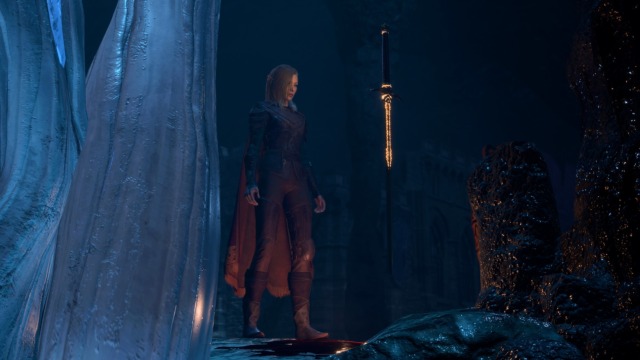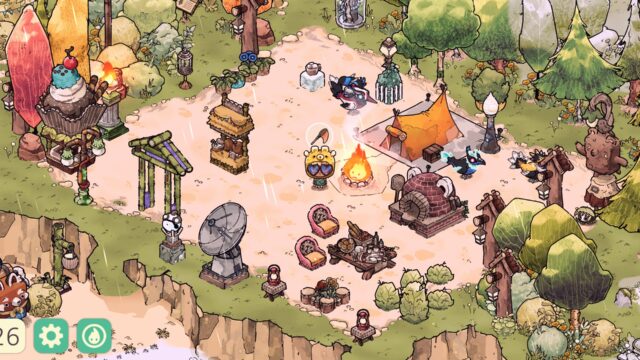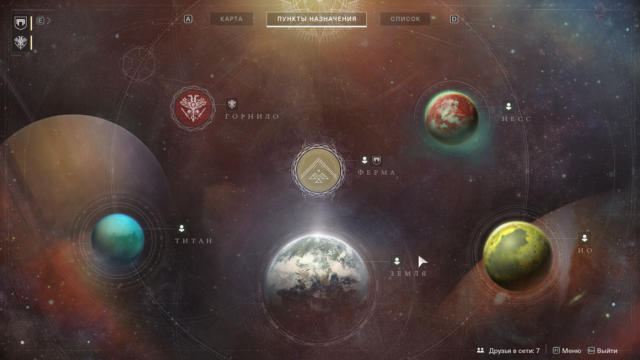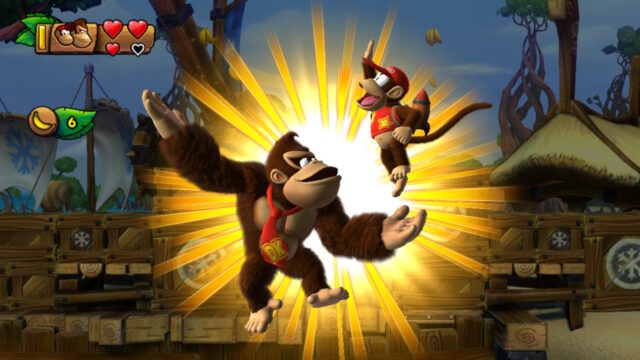All to the Bottom – Abzû Review
Abzû turned out to be the perfect game for “M.Video” and other “Eldorado” stores. It is an extremely blurry, or rather, interactive relaxation that you can discreetly play on a test stand until the first annoying salesperson arrives. It doesn’t really tell you anything or force you to do anything, it just shows beautiful pictures, conveniently displayed on an expensive 4K TV the size of your apartment. In such conditions, complaints are hardly appropriate.
But why would you need something like this at home is hard to say. If you consider the game as a complete project, it’s like some kind of Journey, from which they scraped out all, well, Journey.
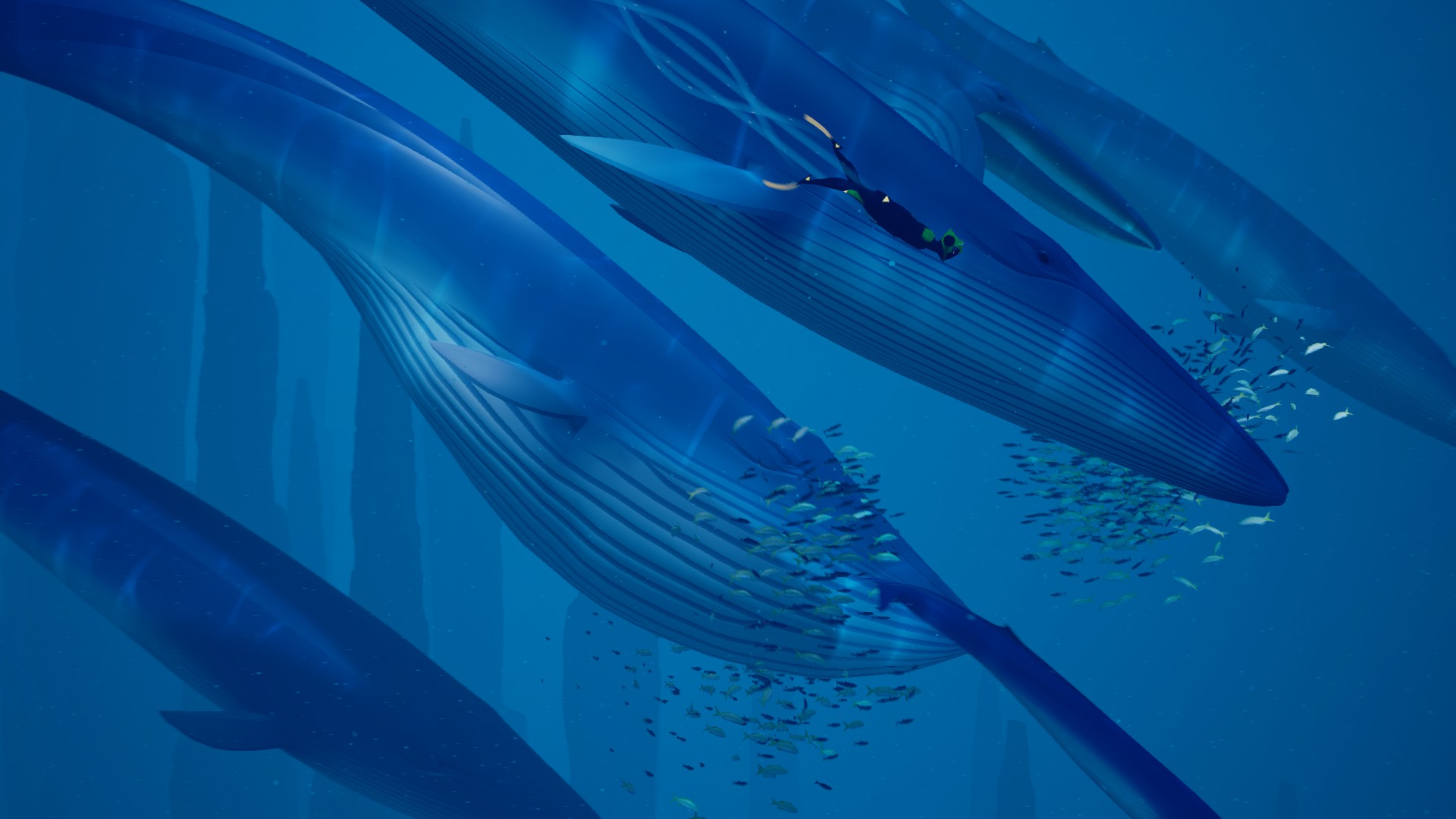
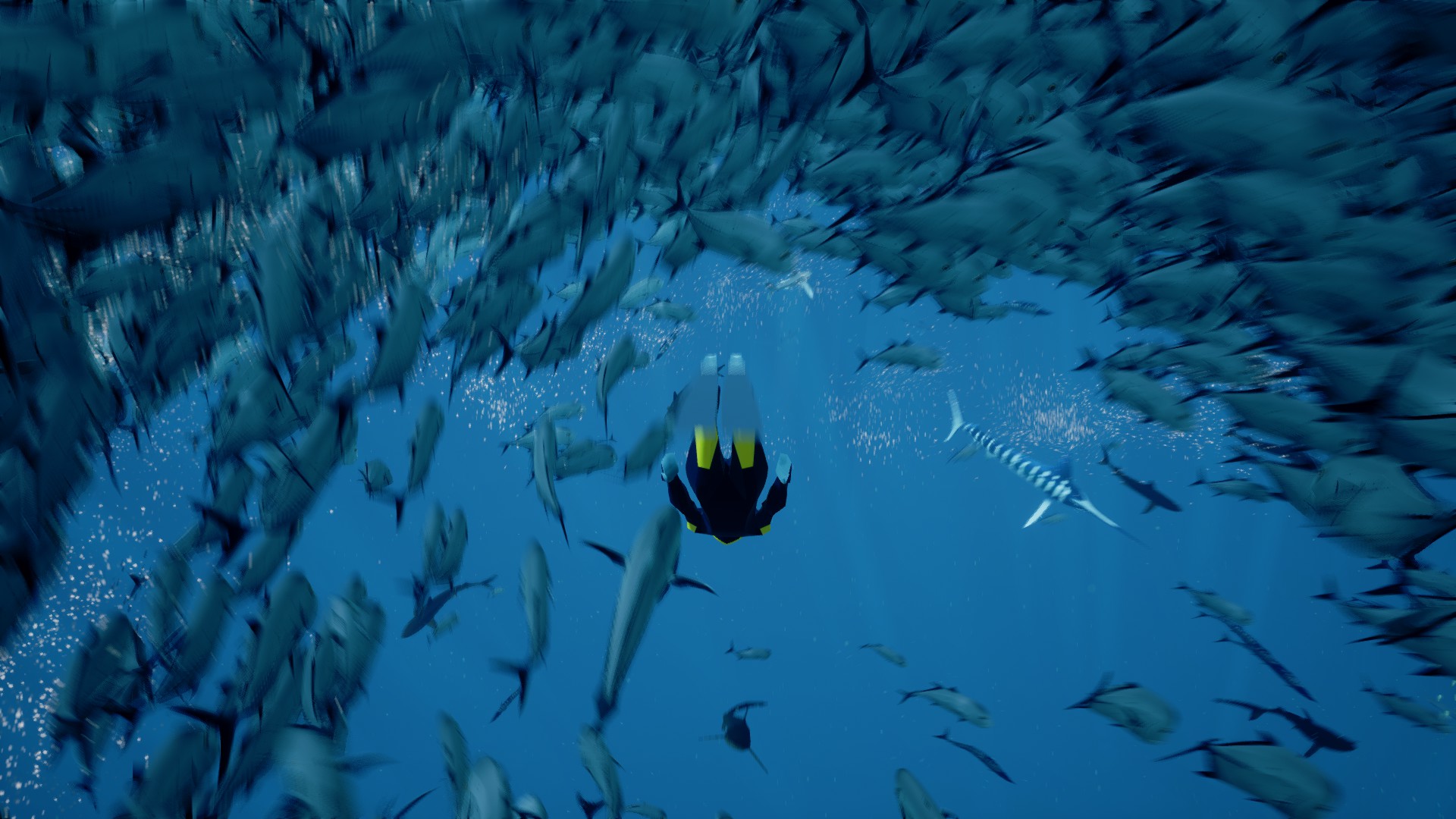
Due to the fact that the art director of the current guest and acclaimed PS3 exclusive is the same, the style and aesthetics of Abzû seem familiar from the start. Even though instead of “whee, sand!” it’s now “whee, fish!”, the underwater world of the game still combines elegant abstraction with realism. Among the seaweed, squids, ancient temples, clearly extraterrestrial mechanisms, and… uh… portals… to other dimensions easily coexist. Damn if you can figure out these metaphors.
However, the setting that resulted from this combination is extraordinary and insanely beautiful. You can endlessly watch the swift schools of fish in the serene flora and admire the fantastic architecture, and each new landscape is a reason to constantly capture screenshots and overlay them on Steam. The aesthetic extravaganza of Abzû is, without exaggeration, the best part of the game. It is a bright, resonating, and vibrant spectacle, complemented by a luxurious soundtrack, which, by the way, was also created by the composer who escaped from Journey.
It’s just a pity that this is also the only good part of it, because there is absolutely nothing to play here.
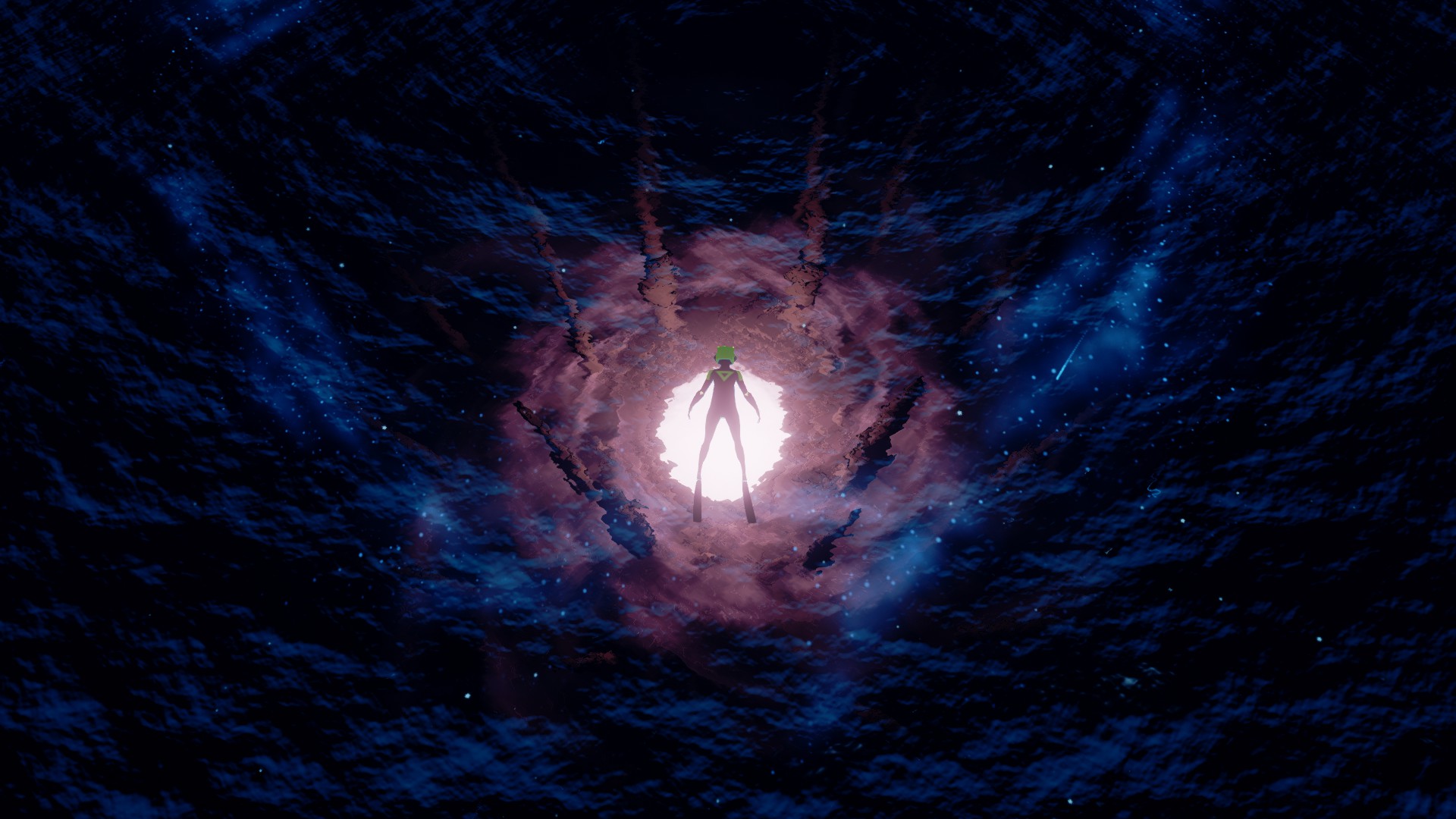
Usually, you are not required to do anything at all – just keep moving forward. Abzû focuses on optional exploration of the environment and occasional interaction with it, but it doesn’t push you towards it. Yes, the levels are large and colorful, but there is no reason or desire to deviate from the main path to examine another coral or interact with a confused skate. At best, curiosity is rewarded with a dull collection for achievements and forcibly turned back.
The remaining 10% of the time, the game tries to engage you in some activity, but it does it poorly. Sometimes, you need to bring a robot companion with you to progress, sometimes you have to dodge stinging pyramids, but it sounds more interesting than it actually is. Any goal is achieved in the most mundane way and never offers any clever tricks that would make you look at the situation differently. You still keep moving forward, occasionally pressing one more button.
The pinnacle of gameplay innovation here is puzzles involving levers and locked doors, which are not only boring in themselves but also accompanied by tedious camera swimming. Turned a valve – you must watch as the only gate on the level opens half a meter away from you, heaven forbid you get lost. Considering that this puzzle is repeated every few minutes, the need for obvious demonstrations is, to put it mildly, annoying.
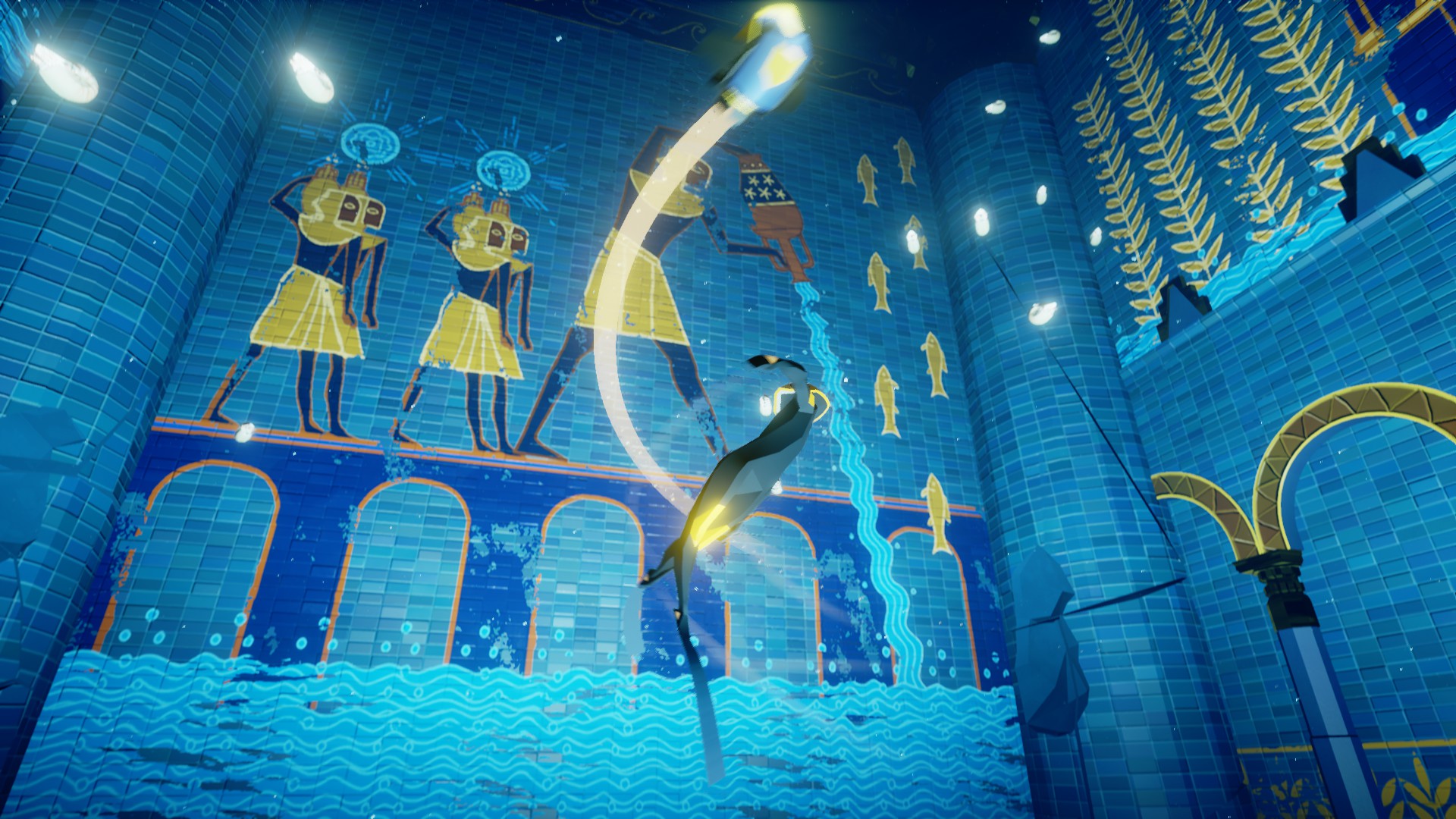
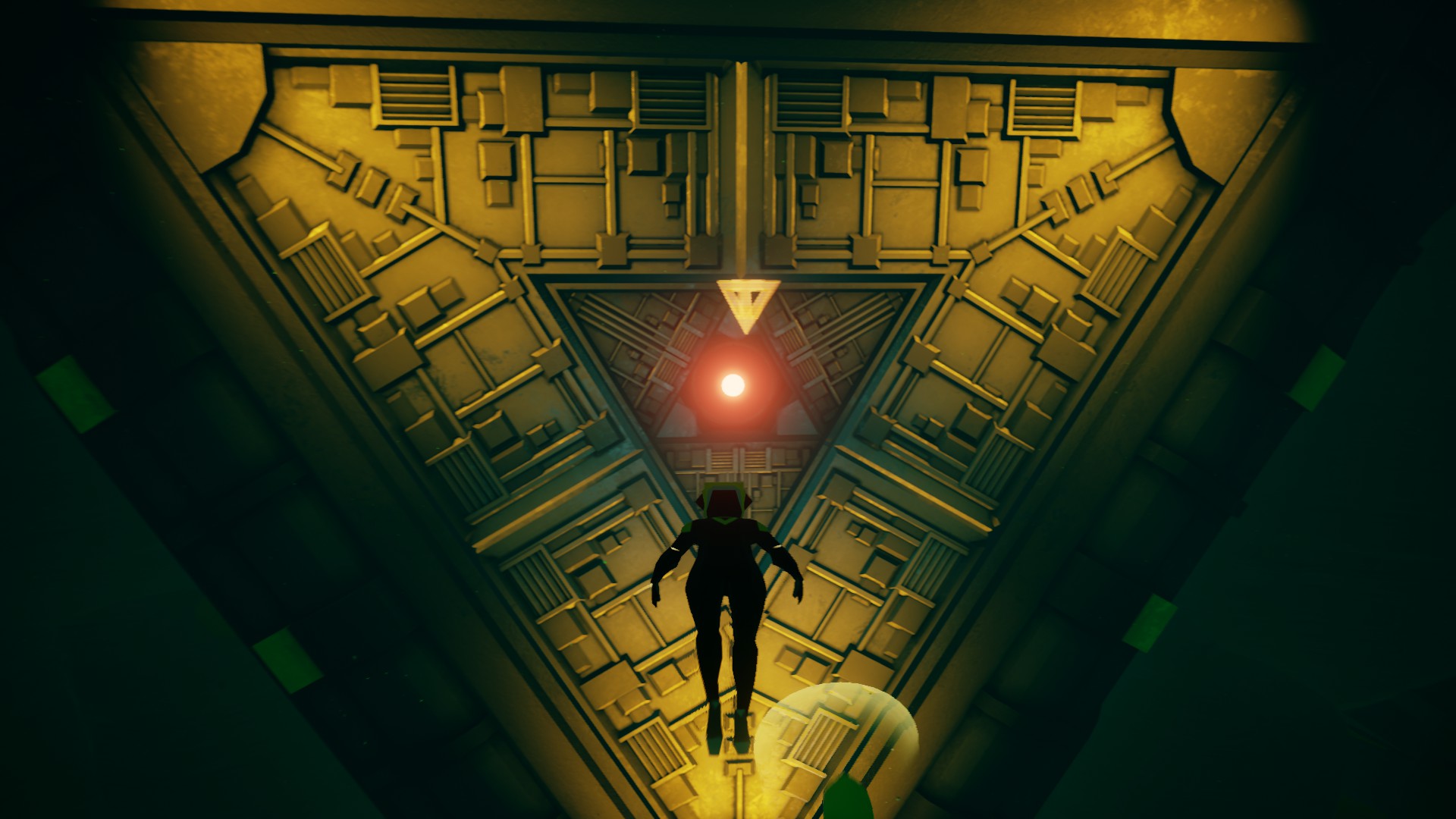
Something tells me that he won’t open the door to the modular compartment.
And yes, the worst thing a one and a half hour game can do is start to irritate. Being a real delight for an outside observer, Abzû, with a controller in hand, turns into a monotonous ordeal. You quickly lose all interest in it, and halfway through, a dangerous question arises: “Why bother?”
Journey, despite its conciseness, created all the conditions for player involvement. The vagueness of the story was compensated by a clear motive of pilgrimage, and exploration was seasoned with unobtrusive challenges that kept the attention on the process. Maybe it’s debatable whether it’s a masterpiece, but thinking about turning it off somewhere in the middle definitely never crossed my mind.
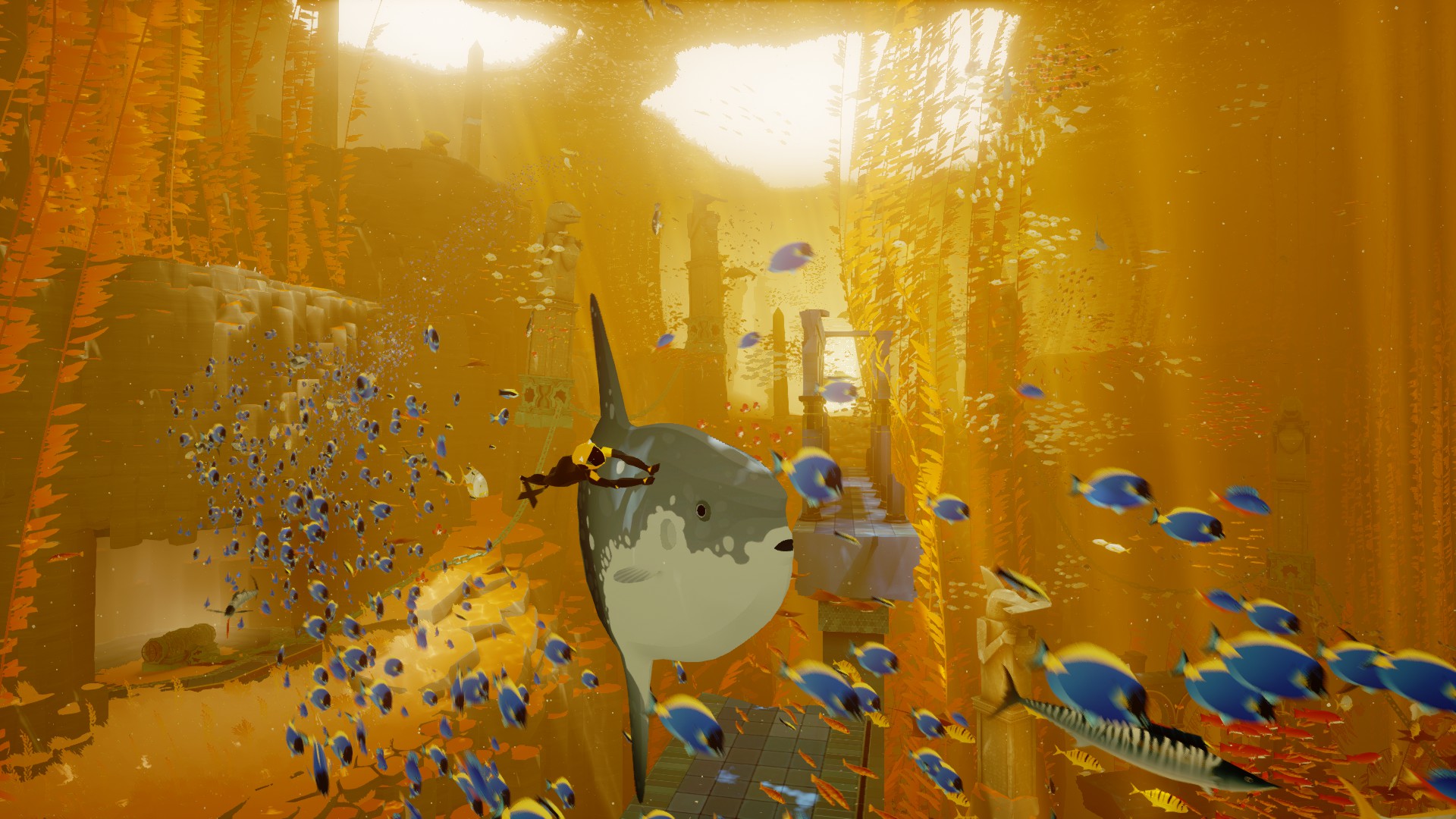
Abzû, on the other hand, is neither fish nor fowl. It lacks motivation both in terms of its sensual and gameplay aspects, and most likely a strong narrative as a reason to reach the final credits. Something resembling a plot can be seen here, attempting to squeeze out a few tears, but the extreme schematics of its presentation prevent any emotional connection from being established. Even a nod towards Sumerian mythology (don’t tell me you haven’t googled “Abzû” yet) turned out to be not particularly justified – its colorfulness is embodied, perhaps, only in the scenery of a few episodes.
So all that remains is to admire the stunning visuals, listen to the beautiful music, smile, and hope that it will all end soon. Undoubtedly, the talented people at Giant Squid have provided a bright experience, but it is disappointingly empty.
Share
Discuss
More Reviews
